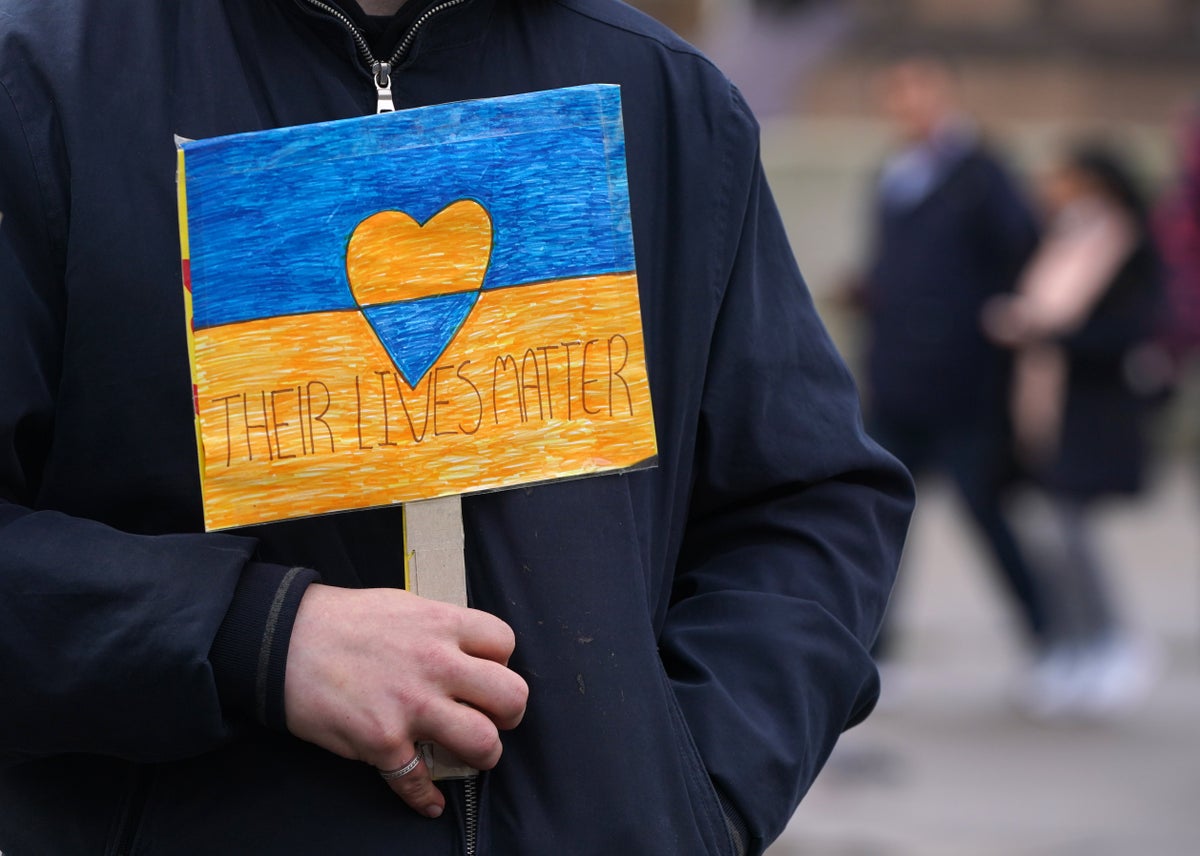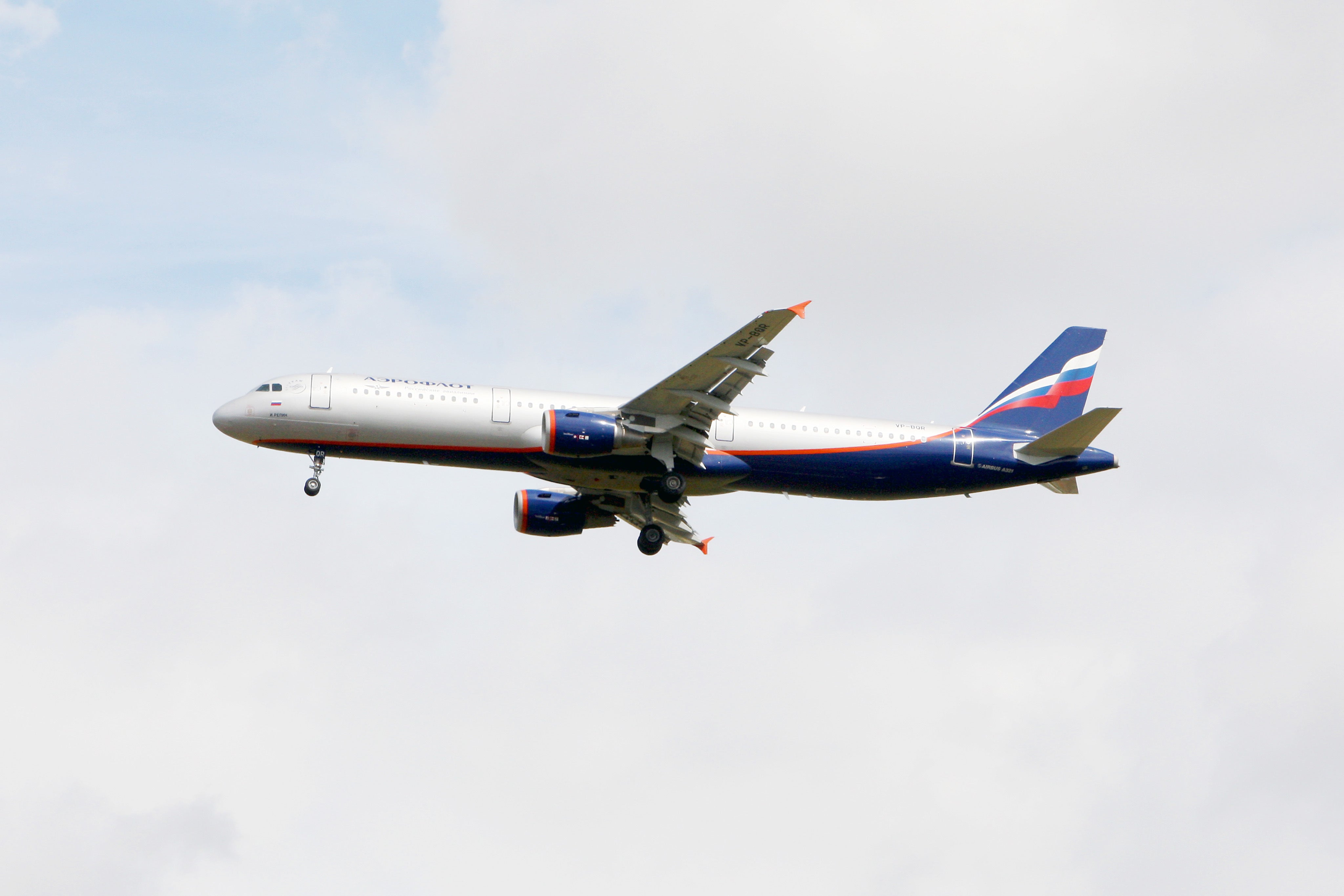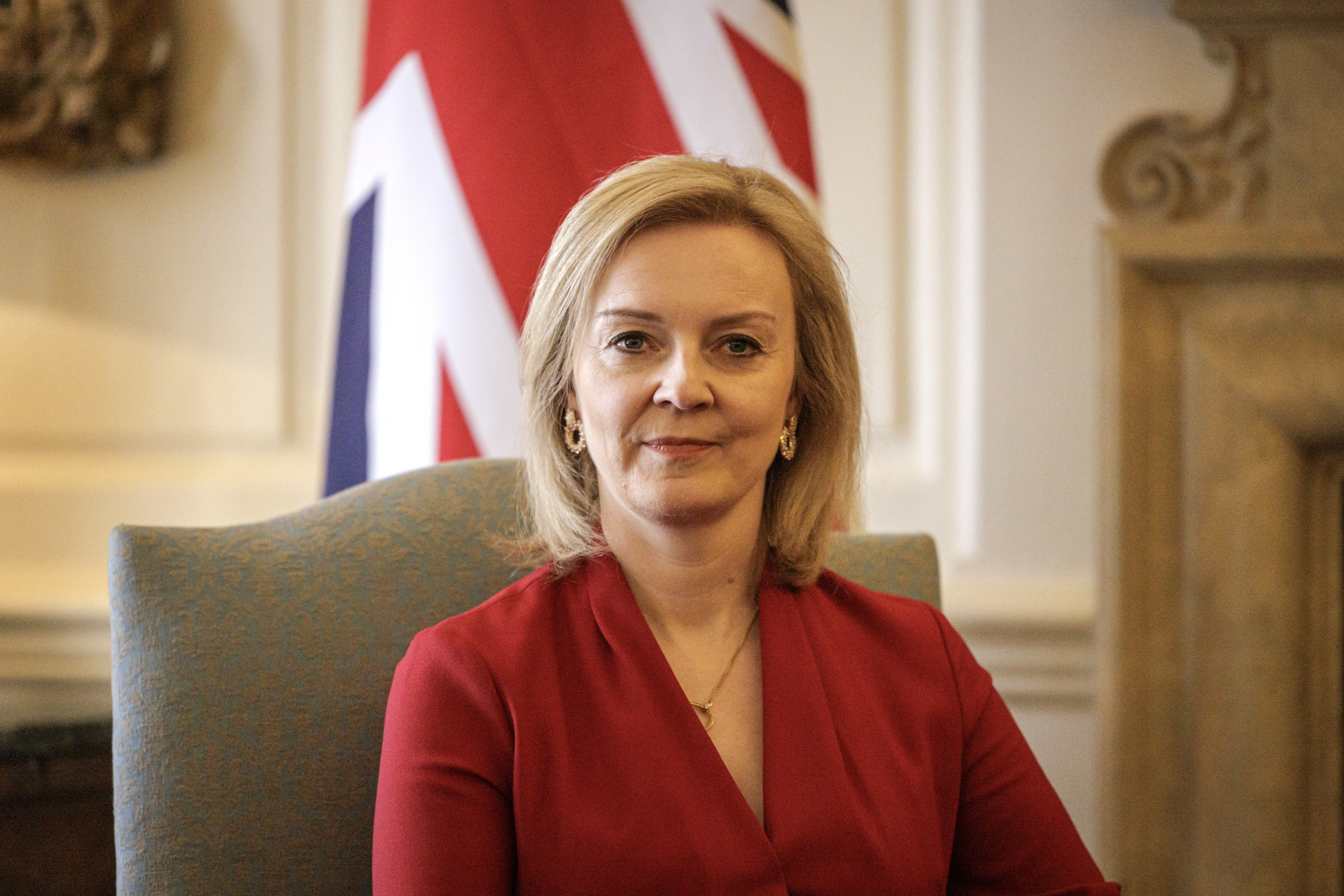
In its latest round of sanctions against Russia as punishment for its invasion of Ukraine, the UK is targeting the influential Patriarch Kirill, head of the Russian Orthodox Church, and the country’s children’s rights commissioner, Maria Lvova-Belova, were both subjected to asset freezes, travel bans and transport sanctions.
Vladimir Putin allies Sergey Savostyanov and Alexey Isaykin, deputy of the Moscow city Duma and president of the Volga-Dnepr Group respectively, and Russian army four colonels, known to have been engaged in atrocities against civilians at Bucha, were all likewise punished.
“We will not tire of defending freedom and democracy, and keeping up the pressure on Putin, until Ukraine succeeds,” foreign secretary Liz Truss said.
Ukraine’s allies have imposed a raft of sanctions and economic penalties on the aggressor since 24 February in the hope of bringing Russia to its knees by targeting its leaders and tanking its economy, while also supplying Volodymyr Zelensky’s forces with military hardware and funding.
But after almost four months of fighting, Russia continues to make gradual incursions in the country’s south and east, destroying whole cities in the process, despite clearly finding the fightback much tougher than anticipated and its own forces less well-prepared and equipped than assumed.
So what has the UK done to penalise Moscow in support of Kyiv, and is it working?
– What sanctions has the UK imposed to date?
Britain started its sanctions programme by imposing financial restrictions on 386 members of the Duma, Russia’s lower house of parliament, after they voted to recognise the independence of Ukraine’s breakaway regions of Luhansk and Donetsk, the prelude to the invasion.
Much of Russia’s financial system has also been hit by UK sanctions, including its largest bank, Sberbank, and the Russian Direct Investment Fund, the country’s sovereign wealth fund, while a £50,000 limit has been placed on bank accounts held by Russian nationals in the UK.

A multitide of Russian companies involved in defence and technology have also been targeted, including Aeroflot and the United Shipbuilding Corporation.
In all, since the invasion began, the UK has sanctioned more than 500 Russian individuals, entities and their subsidiaries now sit on the UK’s sanctioned list.
– So the UK is being as tough as it possibly can?
Labour Party chairwoman Anneliese Dodds has previously told Sky News the UK has been “far too soft” and rejected the government’s claims that it has been working strongly against economic levers for Putin-linked individuals.
But deputy prime minister Dominic Raab hit back insisting the UK has not “been slow”, telling BBC Breakfast that Britain is “at the vanguard” of imposing sanctions on Kremlin-linked money.
– Can sanctions be imposed immediately?
Government sources have previously conceded that it could take “weeks and months” to build legally sound cases against wealthy and litigious targets, although the war has now raged for more than 100 days and the sanctions were always going to take time to make an impact.
Ms Truss is understood to have tripled the size of the sanctions team in recent months in order to ramp up British efforts to hold Russia to account.

She pledged to establish an Oligarch Taskforce of ministers and officials from departments including the Home Office, the Treasury and the National Crime Agency to co-ordinate sanctions and build cases against targets.
– Will sanctions work?
Ms Truss has said the aim is to “cripple the Russian economy and starve Putin’s war machine”.
But Mr Raab has said while economic sanctions are “starting to bite”, Britain and its allies need to “bed in and have the strategic stamina for the long haul”.
He warned BBC Radio 4’s Today programme that people can expect that “Putin would resort to ever more barbaric measures as he gets frustrated”, saying that is what everyone needs to be “alert to”, a caution that has sadly been borne out by subsequent events.







